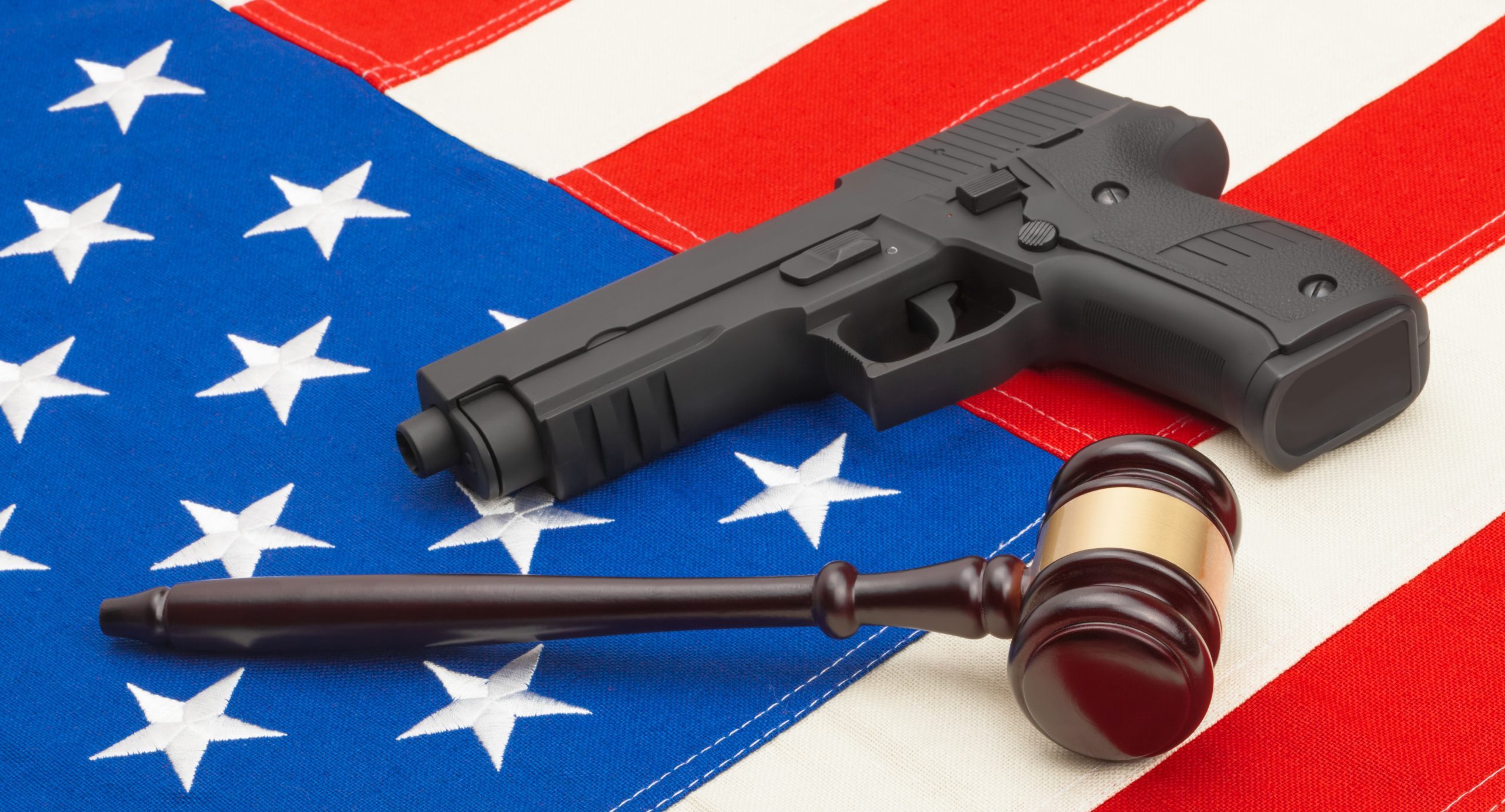Congress Cannot Cede the Second Amendment to the Courts

The District of Columbia v. Heller decision held that the Second Amendment protects an individual right to bear arms, and McDonald v. Chicago affirmed that the right to firearms is enforceable against states’ laws. Ten years later, too many lower courts are failing to properly apply the Supreme Court’s opinions, thereby causing confusion throughout the country. And yet, the Supreme Court has rejected almost a dozen opportunities to provide clarity.
And Congress too has failed to protect the Second Amendment. Not only has it ceded the issue to the courts to figure out, it has steadfastly refused to end the confusion with curative legislation. As the only institution capable of addressing this issue with any lasting effect, Congress must step up and affirm the plain but wide guarantee of the Second Amendment. Though the purpose of the Second Amendment was clearly articulated in the Supreme Court’s opinions in Heller and McDonald, there is no substitute for winning the issue in Congress.
Without Congressional engagement, the right to firearms will be lost to the courts for generations. It has happened before. Abortion has been effectively removed from the political process because of Roe v Wade and Planned Parenthood v. Casey. So it’s no surprise that it has become extremely difficult for Congress to legislate on any life issue.
Alexander Hamilton wrote that the legislature will be the branch that “prescribes the rules,” but the judiciary has “merely judgement.” Relying on a litigation strategy in the courts to solidify the Second Amendment has two problems. First, it sets the courts as the final arbiter rather than Congress. Second, it disenfranchises Americans. Today it is the courts, not Congress, that control the future of the Second Amendment. Though our political leaders have mostly failed to protect our Second Amendment right, that doesn’t mean the courts are preferable.
Here’s why.
Over 40% of Americans have a firearm in the house, including two million first time buyers in 2020. This is a mighty voting bloc. There are many good organizations dedicated to lobbying Congress on the Second Amendment. Properly marshalled, this voting bloc can bear down on Congress.
The Supreme Court is not designed for the same public lobbying. Not directly. Citizens can submit briefs to the Court, but these are legal documents written for lawyers looking for technicalities, not liberties. More public pressure doesn’t—or shouldn’t—sway the Court. The Supreme Court isn’t accountable to anyone. Justices can be impeached, but impeaching a judge is much more difficult, and much less likely, than passing good legislation. Congress is accountable to the voters. Chambers have flipped because of a single vote.
In his dissent in Roberts v. Grewal, Justice Thomas wrote that ten years after the Heller and McDonald decisions, “lower courts have struggled to determine the proper approach for analyzing Second Amendment challenges.” He went on to discuss how lower courts created systems to analyze Second Amendment cases that the decision in Heller never intended. He called this a “self-created ‘analytical vacuum.’”
Lower courts are ignoring the Supreme Court and inventing new methods to uphold gun control. Yet, the Supreme Court refused to take up the Grewal case, and more than ten other important Second Amendment cases. Some will argue that the Supreme Court is on a trajectory to go from 5-4 to 6-3 or more Trump appointed justices. The goal, they say, is to fill those seats with justices who will be courageous enough to stand up for the Constitution. Waiting for a Supreme Court Justice to retire or die is not a strategy.
How should we move forward?
Article III of the Constitution created the judicial branch and gives Congress the power to regulate federal courts. Congress has the constitutional authority to “strip” federal courts of jurisdiction over a class of cases.
The Supreme Court only has original jurisdiction over cases involving: disputes between states, actions involving various public officials, disputes between the United States and a state, and proceedings by a state against the citizens or aliens of another state. In all other cases, the Supreme Court only has appellate jurisdiction, “with such Exceptions, and under such Regulations as the Congress shall make.” As to lower federal courts, Congress created the lower courts and can therefore narrow their jurisdiction.
The Supreme Court has been wrestling with the question of jurisdiction stripping for over one-hundred years. Congressional action and case law show us that the best interpretation of this principle is that Congress cannot tell a court how to rule in a particular case; but Congress can tell a court the limits of its authority.
Congress should stop deferring Second Amendment questions to the courts. Instead, they should narrow the courts’ jurisdiction as it relates to the Second Amendment and begin repealing decades of gun control.
Courage is a political virtue; not a judicial one. If Heller needs clarity it is only because Congress has failed to act when the courts have abused their authority. Our elected representatives are the only ones with the legitimacy and constitutionally provided tools to provide a long-term, effective solutions.
Phil Reboli is a former Senate aide and the Director of Government Affairs at the Conservative Partnership Institute.
Comments